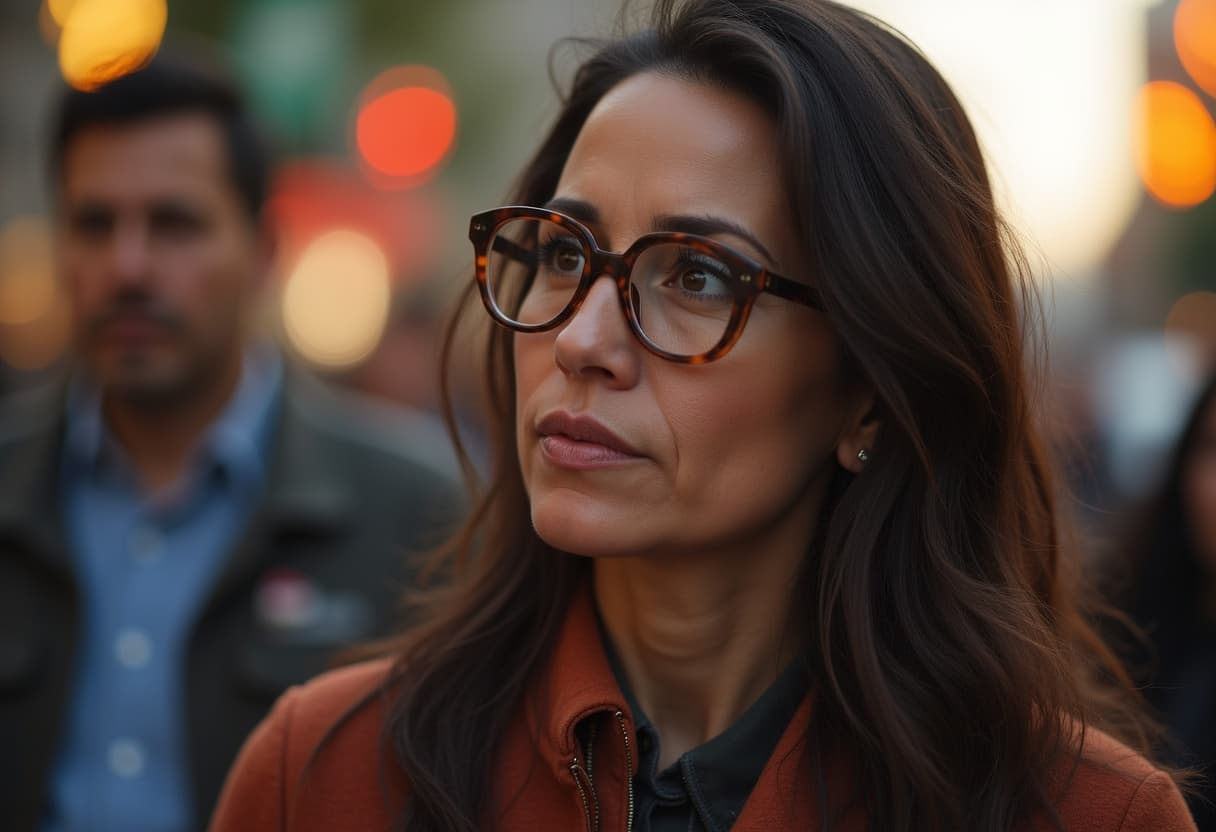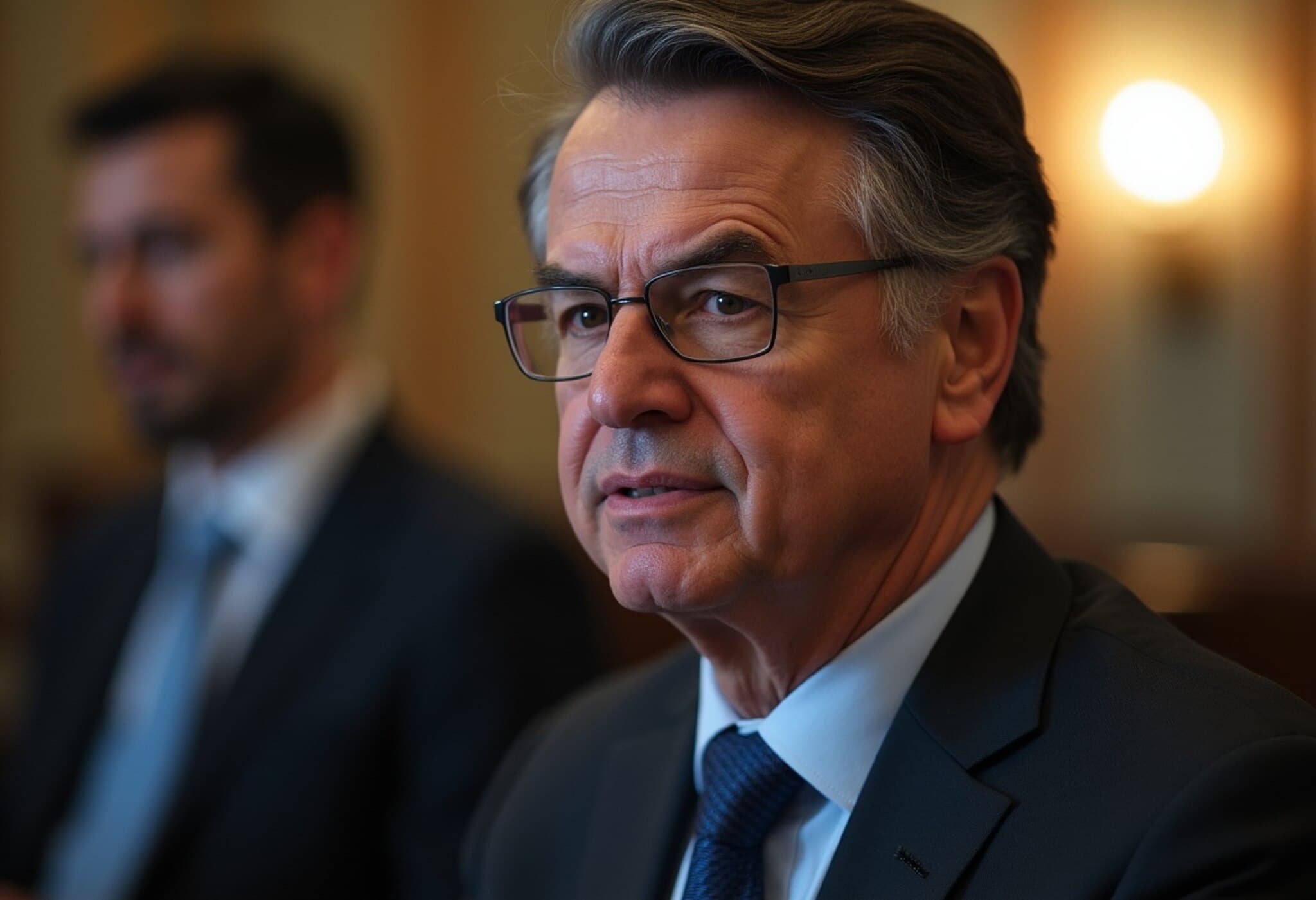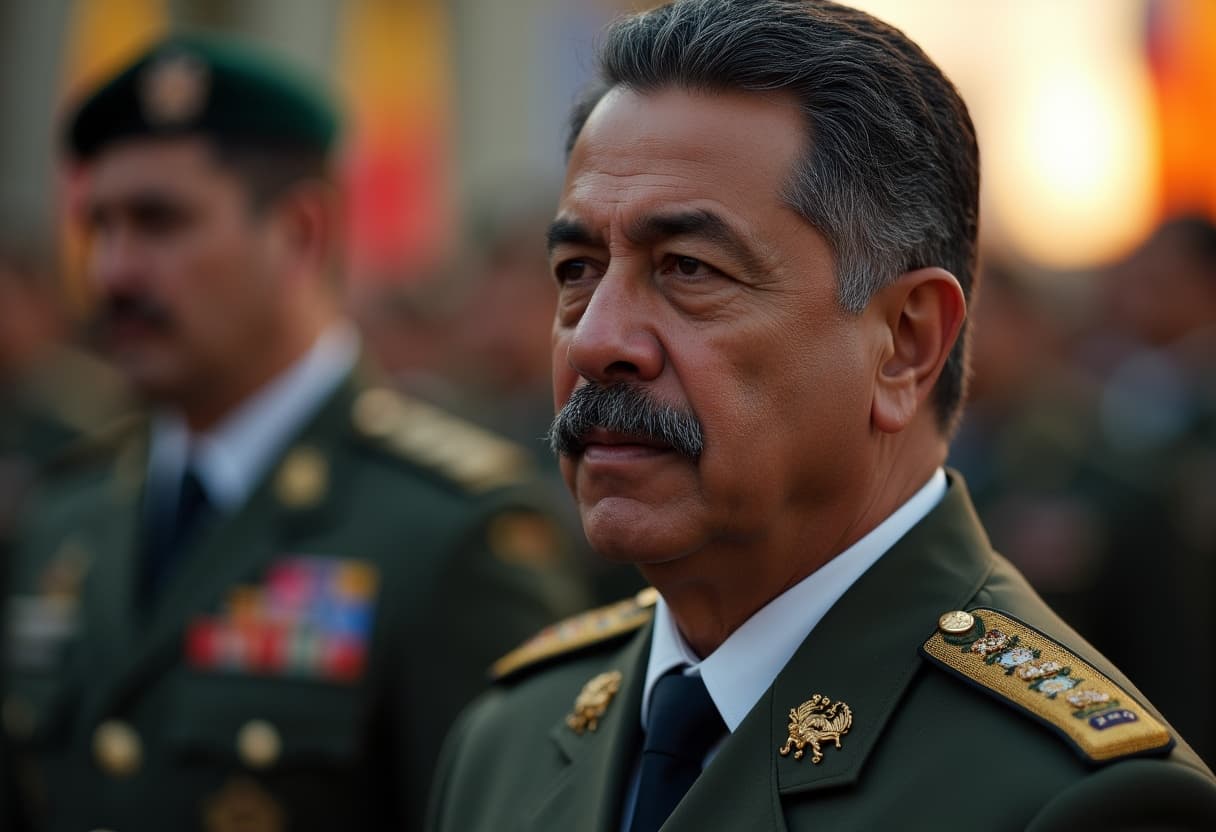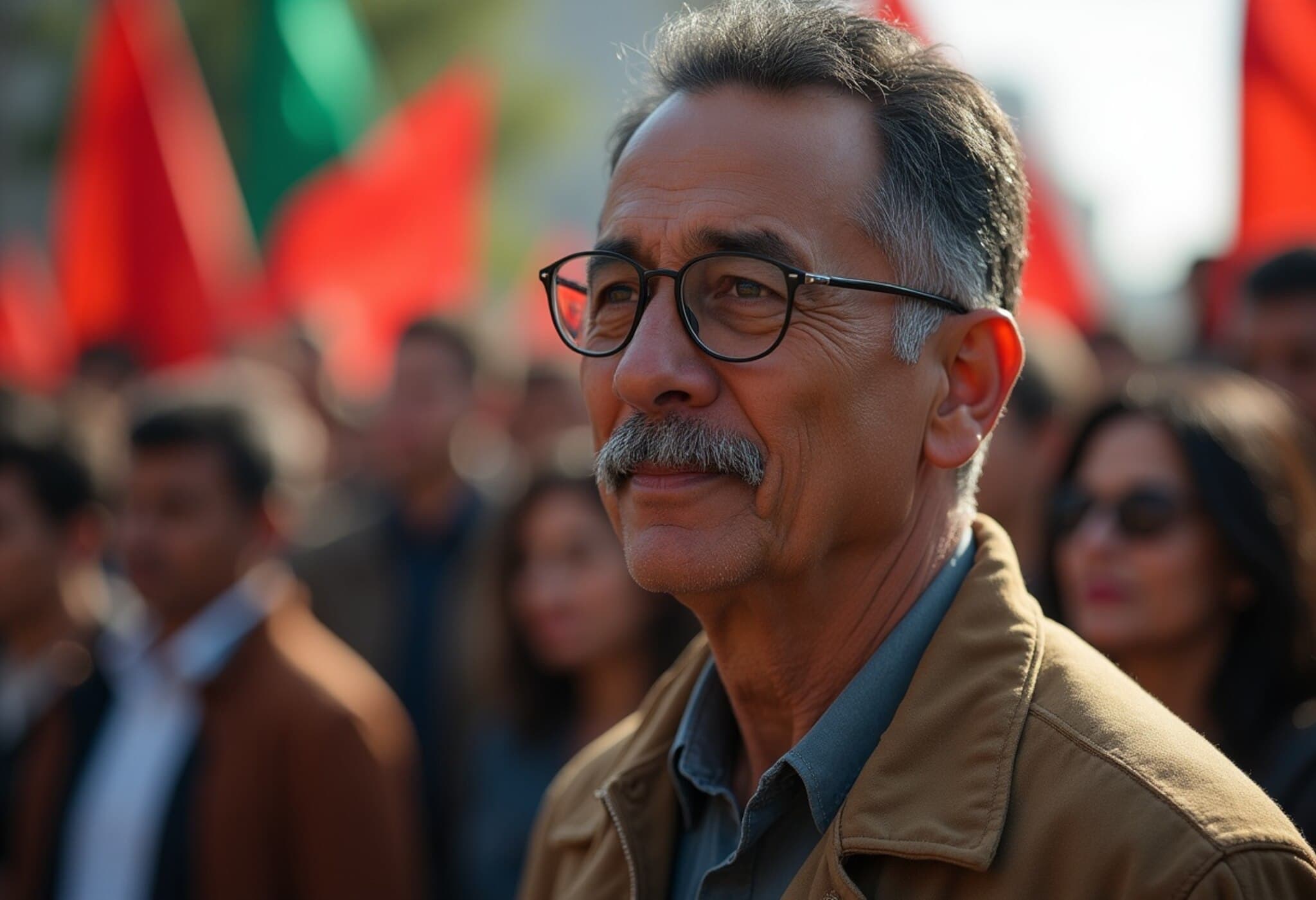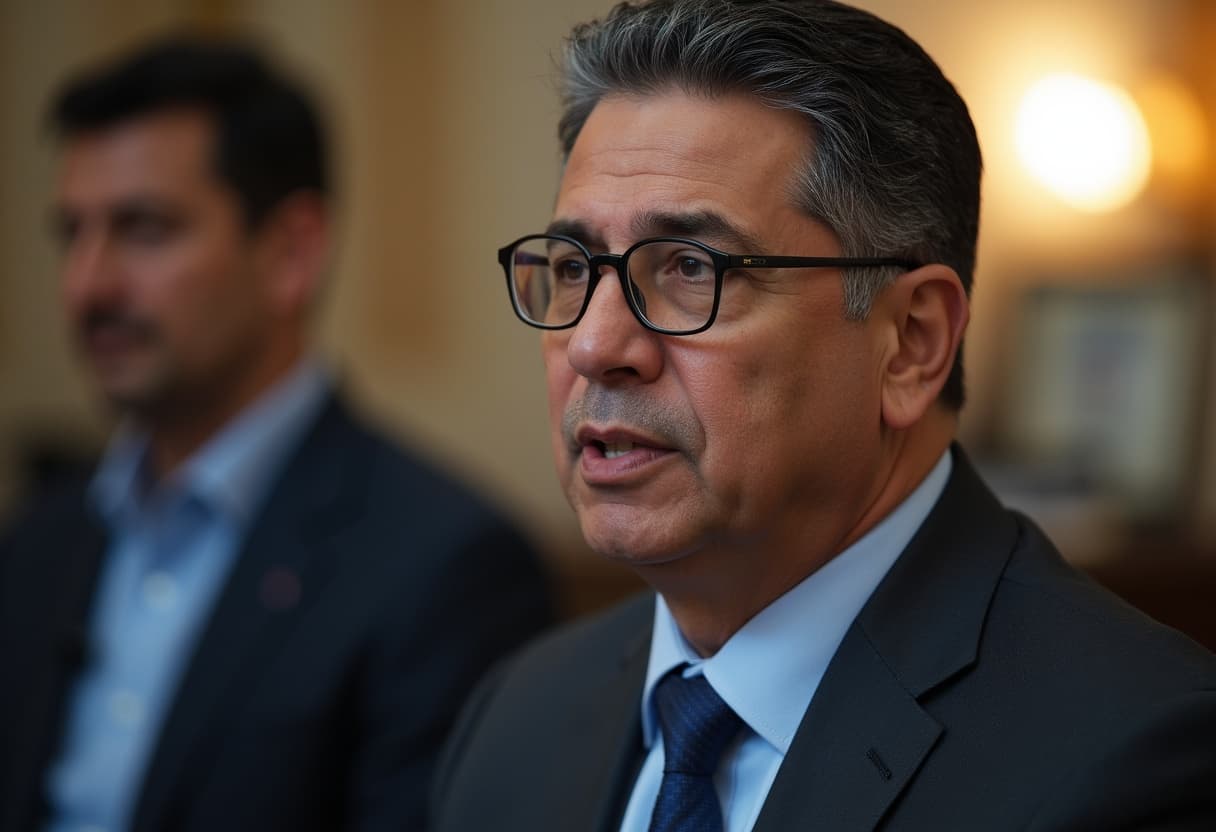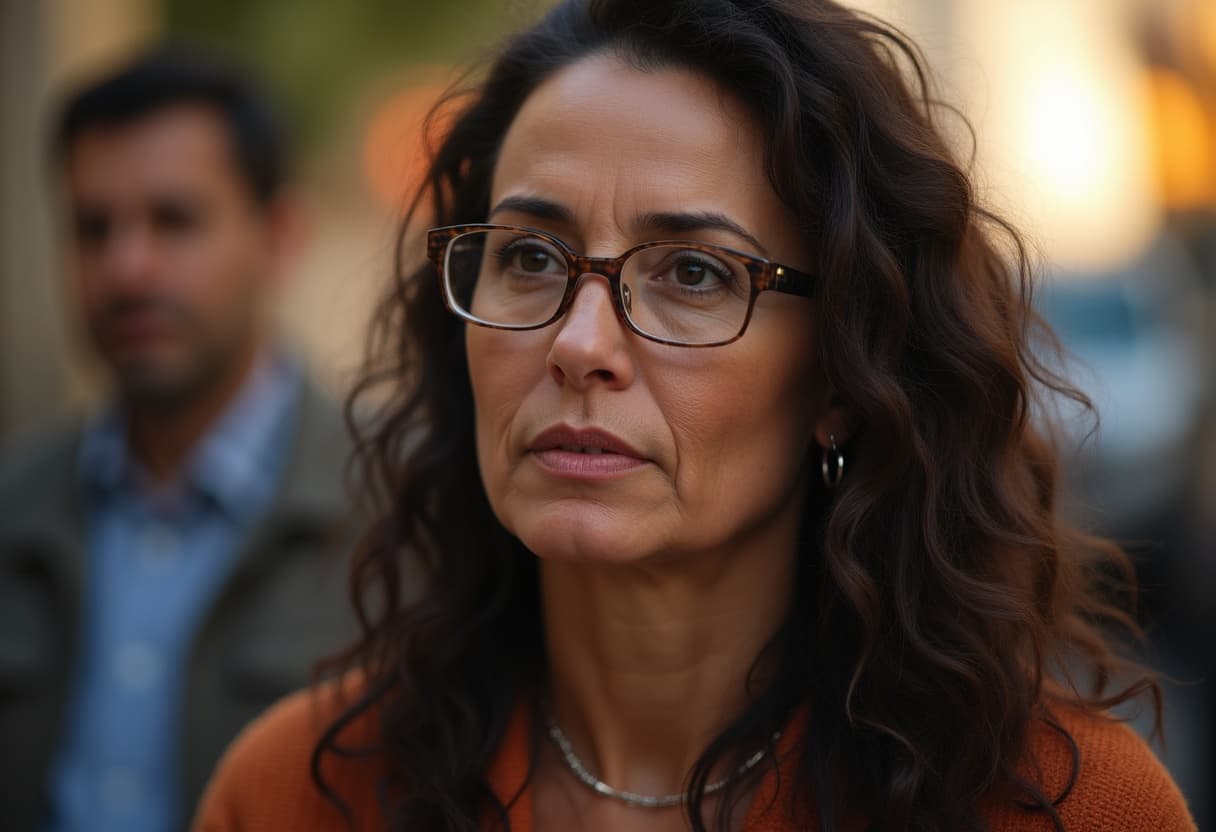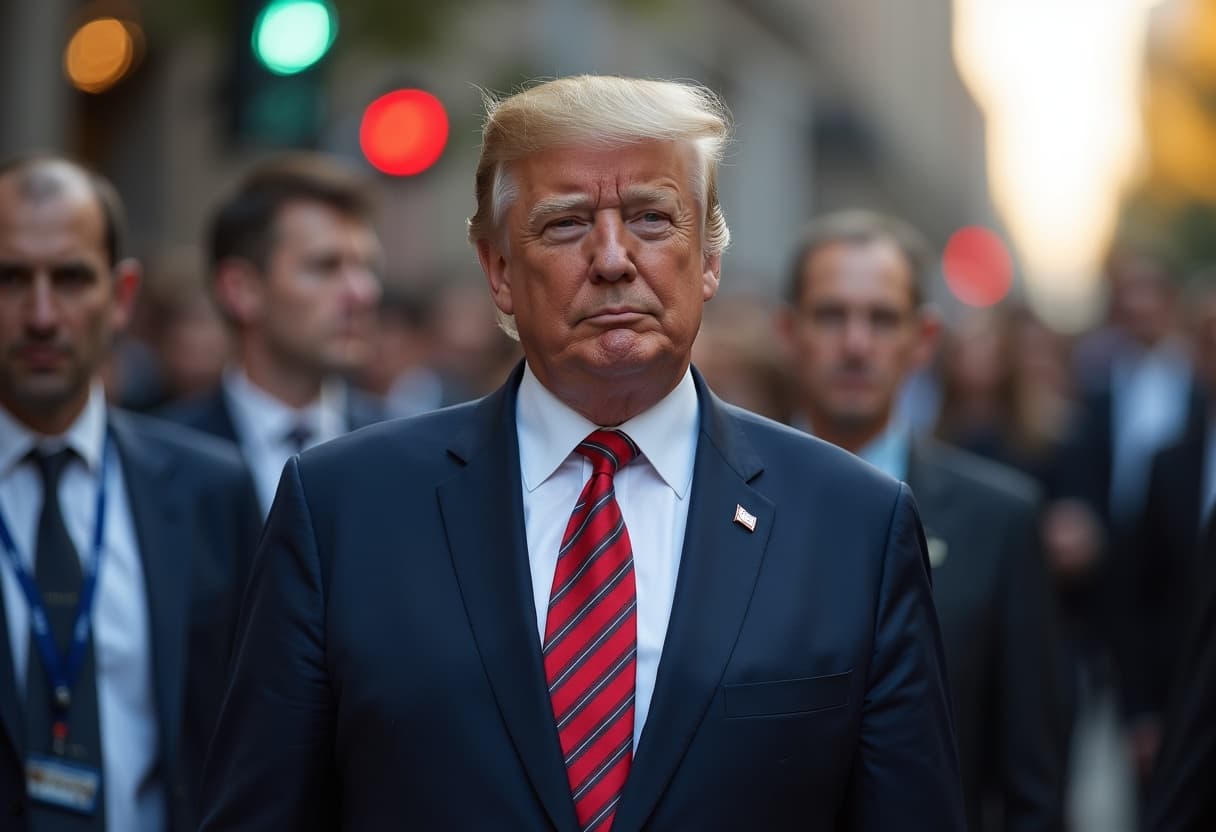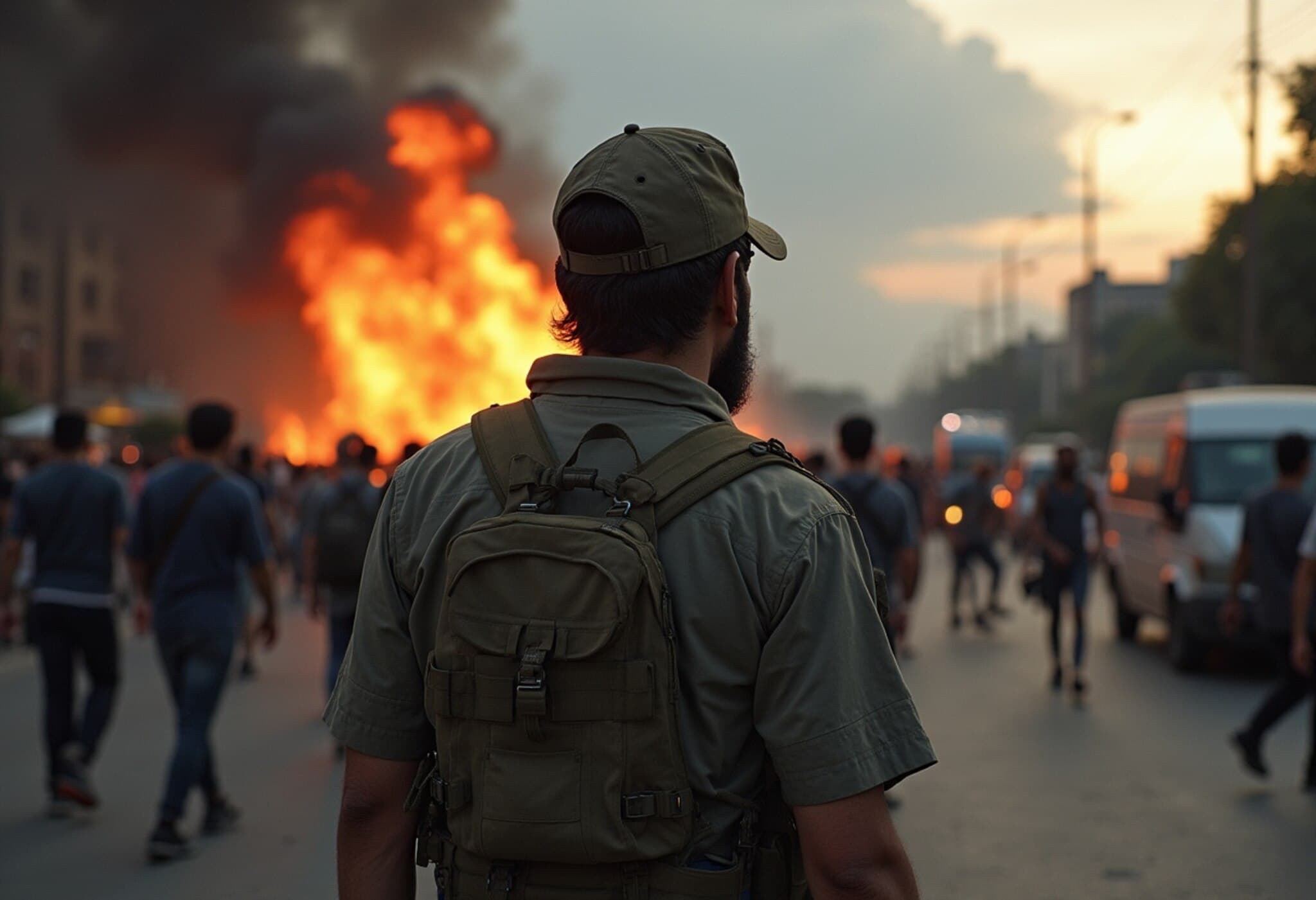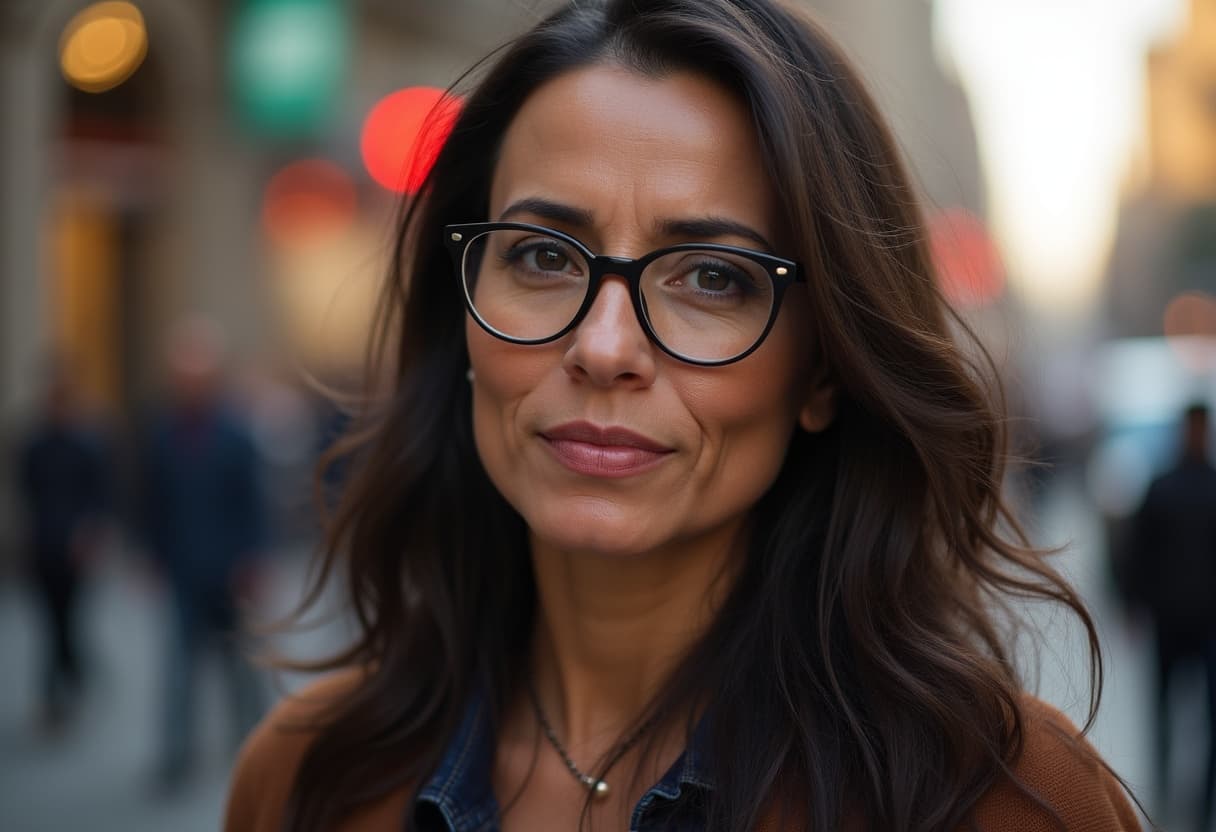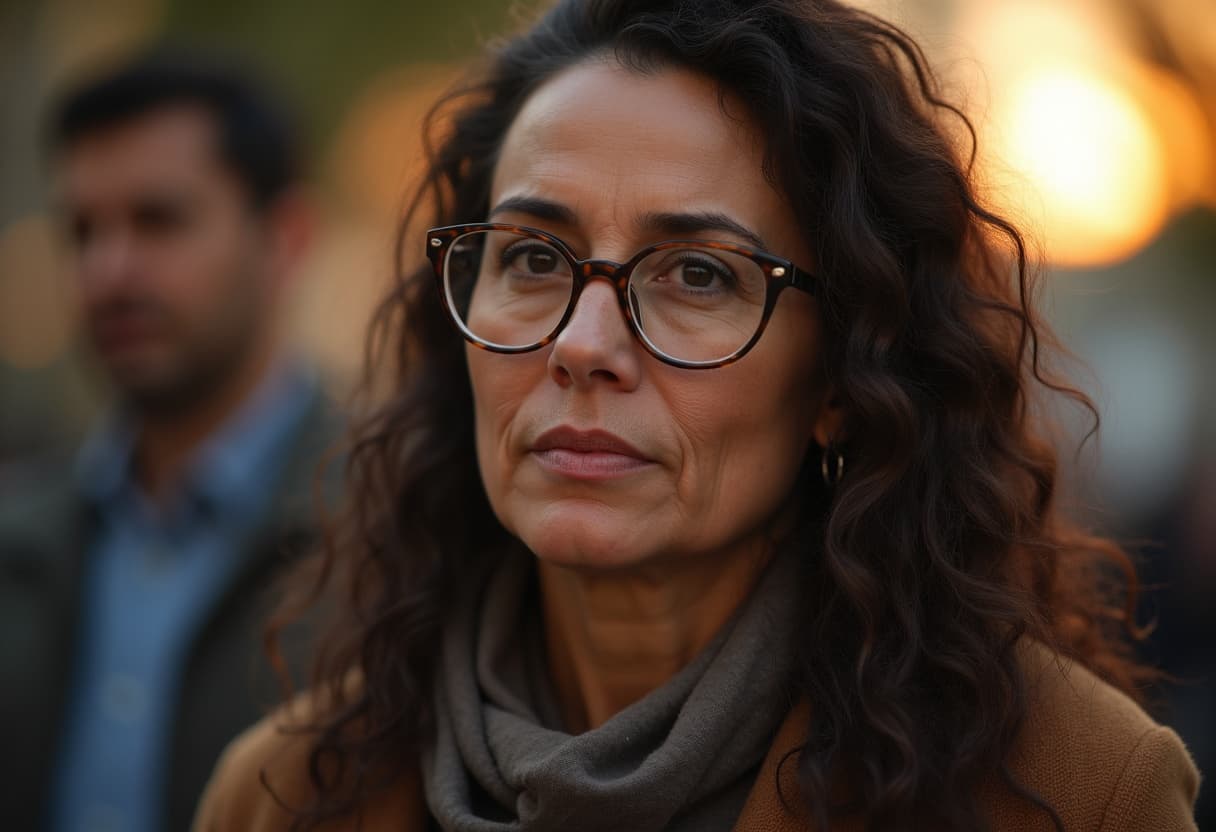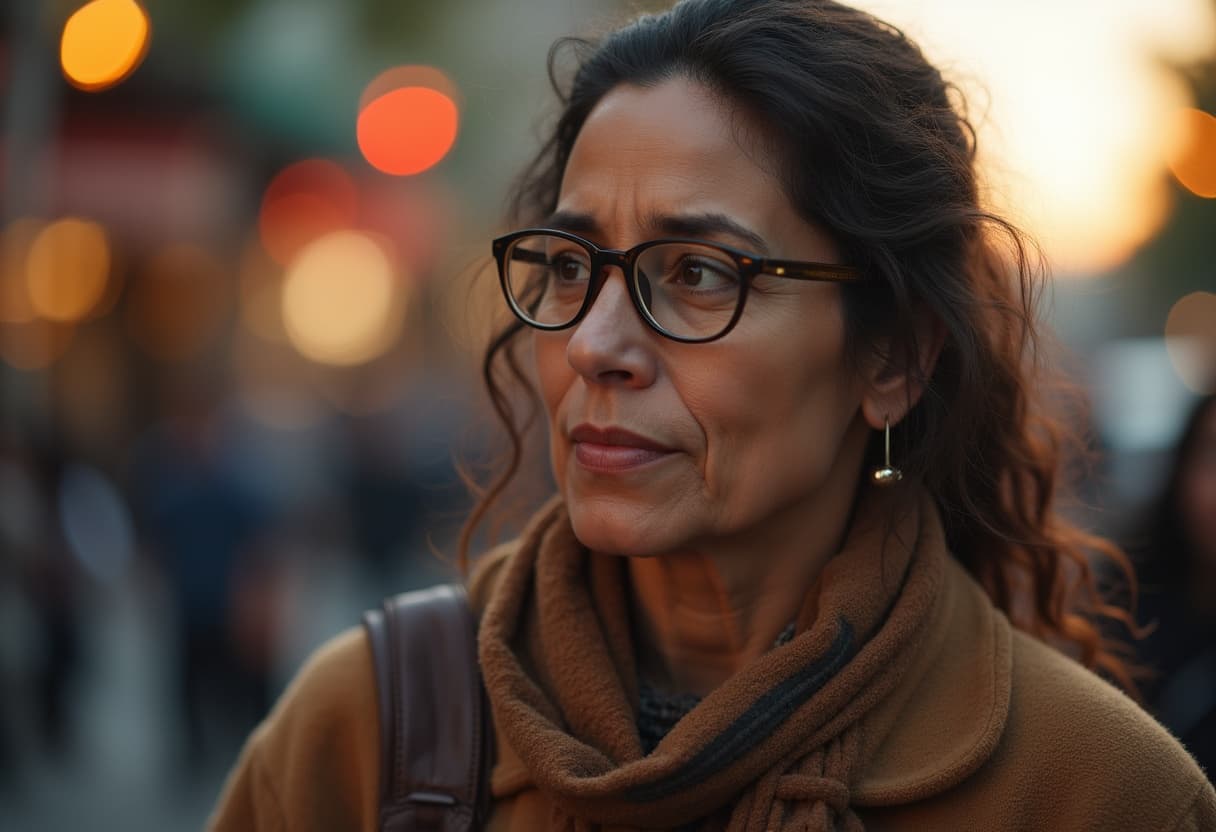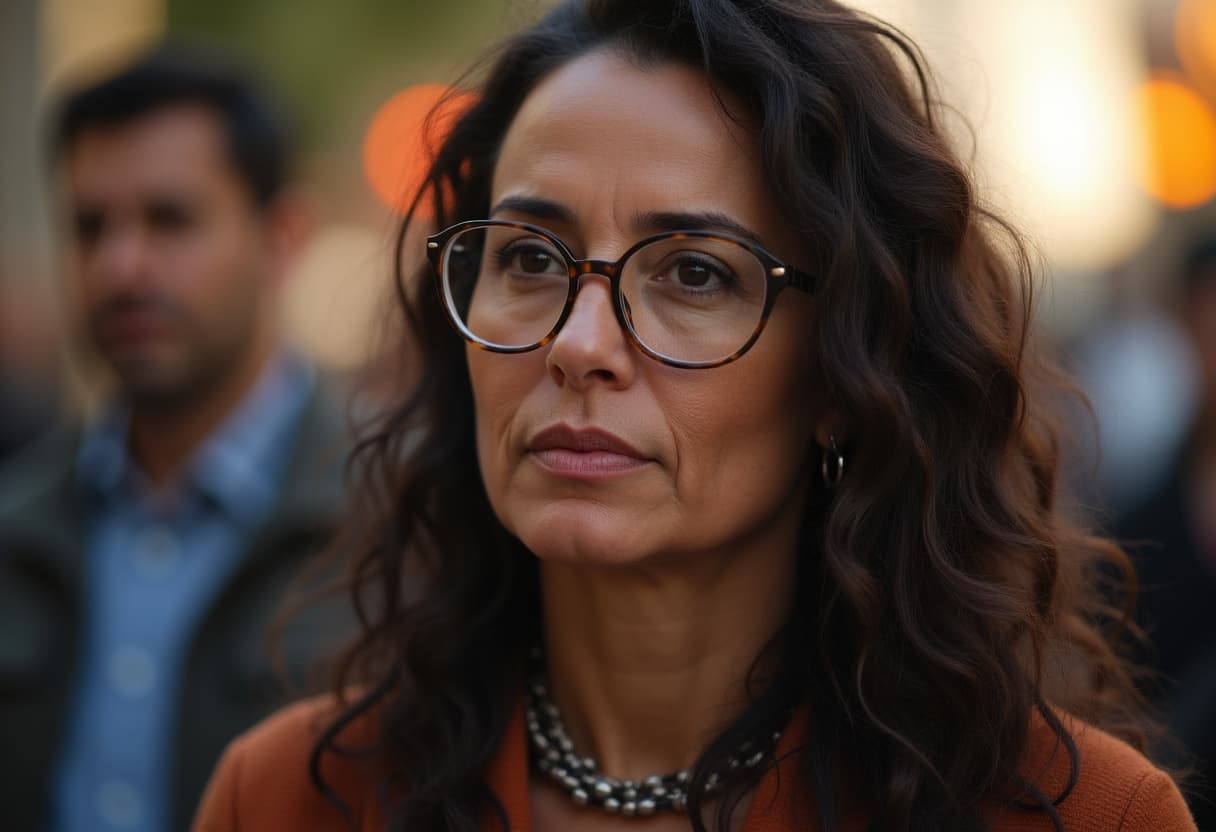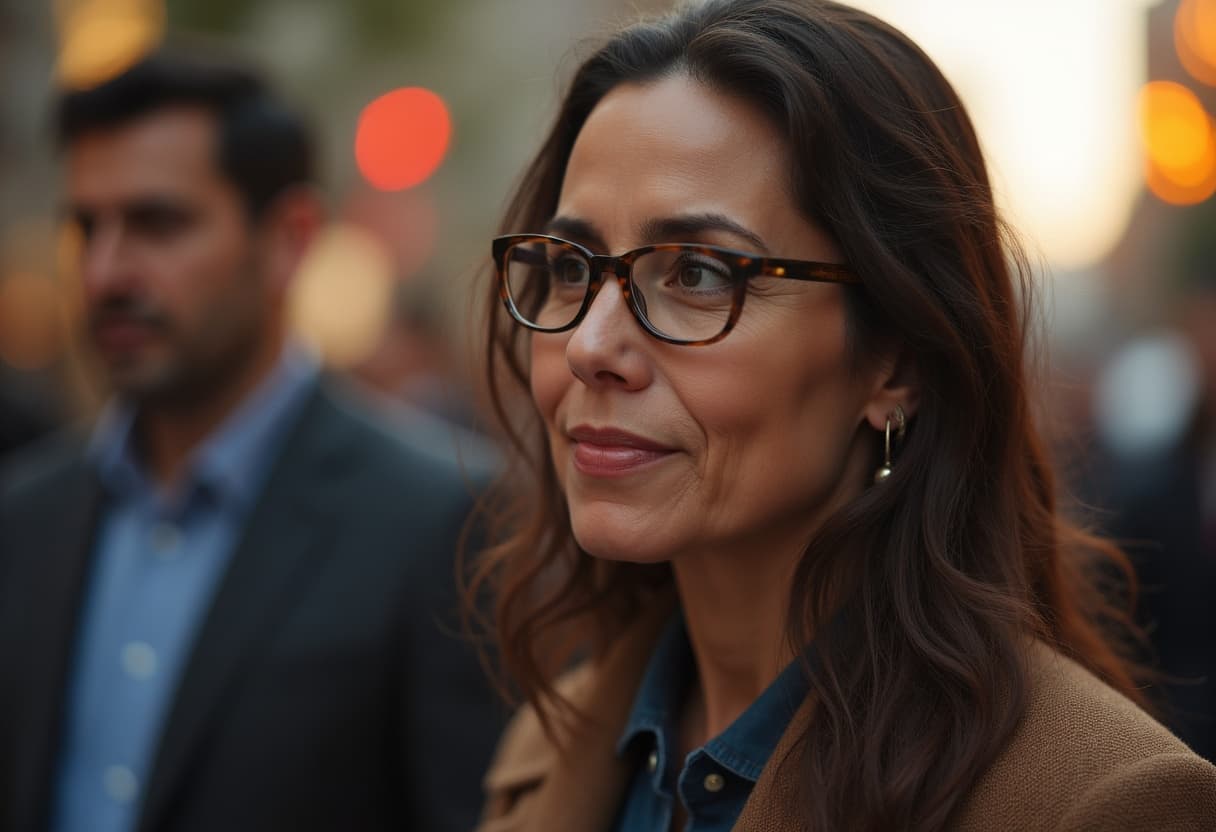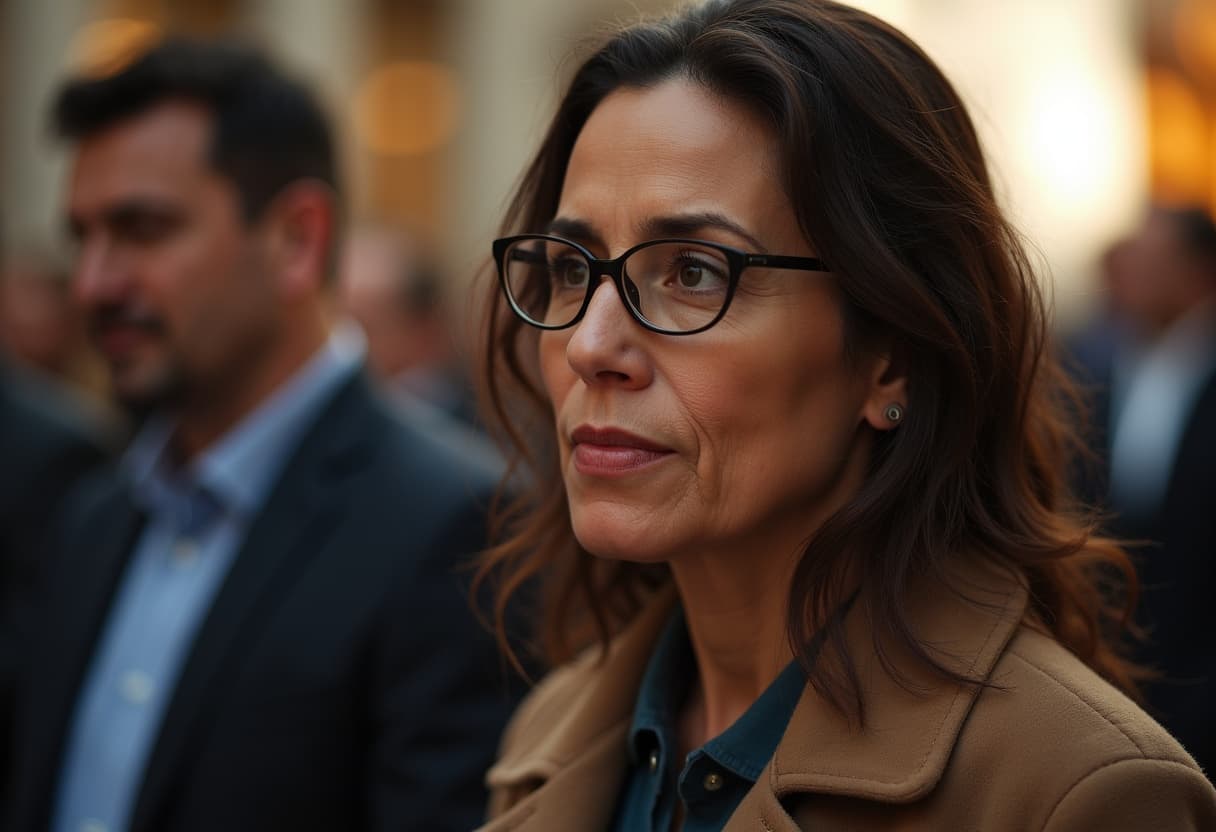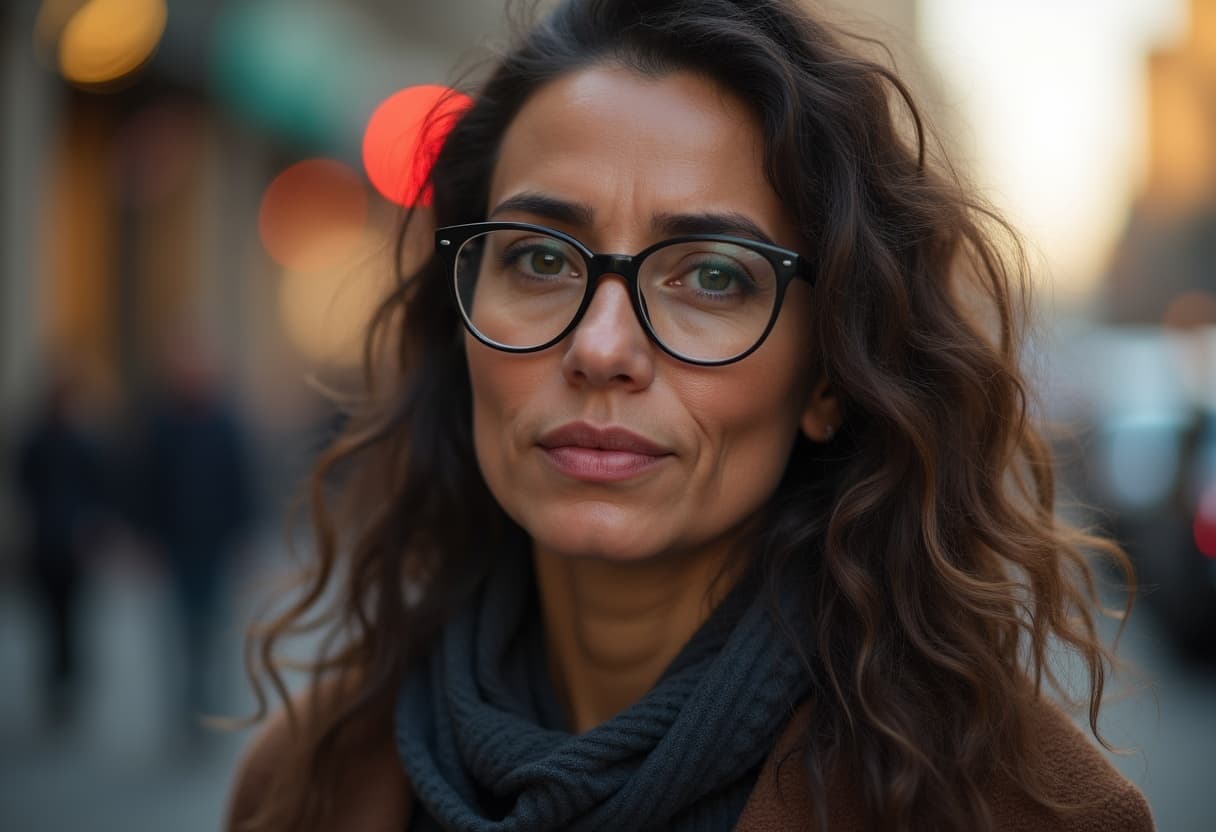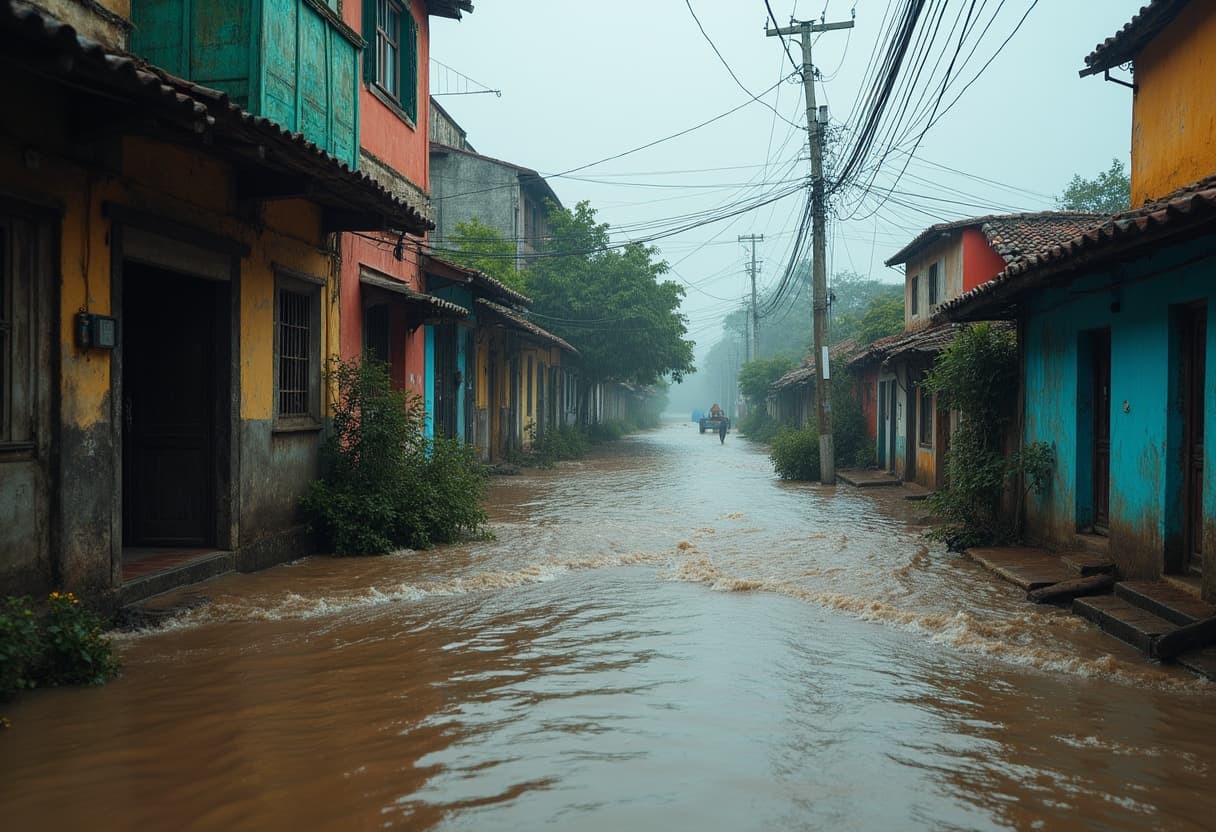Venezuelan Opposition Icon María Corina Machado Honored with Nobel Peace Prize
María Corina Machado, a fervent Venezuelan opposition leader who has long challenged the authoritarian grip of President Nicolás Maduro’s government, was awarded the 2025 Nobel Peace Prize on Friday. Recognized for her unyielding commitment to democracy and human rights amid one of Latin America’s most enduring crises, Machado's recognition sends a powerful message about Venezuela’s struggle for freedom.
A Voice Against Repression and Corruption
Machado, 58, emerged from Caracas’s elite circles and grew into a formidable political figure who has confronted the socialist regime for over two decades. Once a member of Venezuela’s National Assembly, she became a symbol of resistance after the government’s brutal crackdown on dissent following elections deemed fraudulent by international observers.
The Norwegian Nobel Committee lauded her “tireless work promoting democratic rights and striving for a peaceful transition from dictatorship to democracy.” This distinction shines a light on the deep social and political challenges Venezuela faces, including widespread repression, economic collapse, and an ongoing humanitarian crisis that has displaced millions.
From Boardrooms to Battlegrounds
Born into a wealthy, devout Catholic family, Machado was educated both in Venezuela and the U.S., including a formative period at a boarding school in Wellesley, Massachusetts. After studying engineering, she contributed to her family’s steel business before it fell victim to expropriation under Hugo Chávez's socialist nationalization policies.
Her political activism intensified through her leadership of Súmate, a voters’ rights group instrumental in attempting to recall Chávez in the early 2000s. Ever vocal, she famously sparred with Chávez in a 2012 televised debate, criticizing the regime’s economic mismanagement—a moment that highlighted her courage and steadfastness in the face of governmental contempt.
Unifying a Divided Opposition
Despite years marked by division and repression within Venezuela’s opposition, Machado galvanized disparate groups ahead of the 2024 presidential election. After being barred from the ballot herself, she campaigned for a lesser-known diplomat, leveraging her grassroots connections to rally support from rural towns to urban slums—areas once critical to the socialist movement’s rise.
Her strategy focused less on economic ideology and more on shared pain: fractured families, lost freedoms, and the yearning for peace. Demonstrating political savvy, Machado and her allies collected physical data to challenge the integrity of the election results, asserting President Maduro's declared victory was fraudulent.
Complex Relations with the U.S. and Calls for Regional Security
Machado has cultivated robust ties across the American political spectrum, earning respect from figures such as Marco Rubio and former President George W. Bush. While she stops short of advocating overt U.S. military intervention, she supports increased regional coordination to combat narcotics trafficking—a critical lever through which Maduro’s regime profits.
Her endorsement of U.S. military efforts in the Caribbean underscores the intertwining of Venezuela’s political crises with broader hemispheric security concerns. Rubio and other officials argue Maduro qualifies as a narco-terrorist leader whose removal is crucial for regional stability.
Political Repercussions and International Reactions
The awarding of the Nobel Peace Prize to Machado has reverberated internationally, including a muted response from the White House, where some expressed disappointment after President Trump publicly voiced hopes of receiving the award himself. The White House Communications Director accused the Nobel committee of politicizing peace.
Meanwhile, back home in Venezuela, Machado remains in hiding, a poignant reflection of the danger opposition leaders face. Many of her supporters languish in prison. Yet, private celebrations among her allies reveal hope that this international recognition could energize the movement for democratic restoration.
Looking Ahead: The Road to Democracy
Senior Trump administration officials have reportedly intensified plans to oust Maduro, exploring a blend of diplomatic, financial, and potentially military strategies. Machado’s advisers indicate the opposition has laid out contingency plans for quick transition and dismantling of Maduro’s regime, emphasizing force as a reluctant but necessary tool to break the entrenched criminal networks sustaining the dictatorship.
This nuanced approach reflects a grim reality: the Venezuelan struggle extends beyond elections and politics—it is a battle for the country’s very soul and future.
Editor’s Note
María Corina Machado’s Nobel Peace Prize highlights both the resilience of Venezuela’s opposition and the profound challenges that remain. As the international community watches closely, questions linger: Can diplomatic pressure and domestic resolve topple a regime so deeply intertwined with illicit economies and authoritarian control? How can U.S. policy balance regional stability with respect for sovereignty? Machado’s story is a reminder that peace efforts often require confronting uncomfortable truths and persistent struggles. This award not only honors a leader but also spotlights the ongoing fight for democracy in Venezuela.

